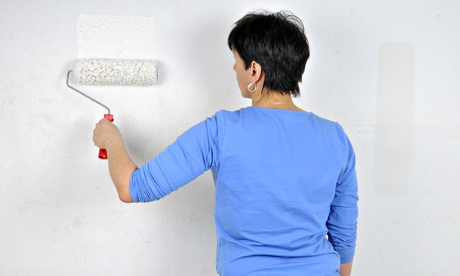Research has taught me three main weaknesses in this new way to issue books, but also revealed some less acknowledged strengths

Almost any discussion of self-publishing seems to attract an immediate hostility quite unlike the amused tolerance that greets those who, say, exhibit their indifferent watercolours, or seek to try out their wine-making skills on their friends. The discussion (I would hesitate to call it a debate) invariably and speedily descends to consideration of the literary merits of 50 Shades of Grey (whose author in any case disputes that it ever was self-published).
A report of research I presented to a recent publishing conference, challenging misapprehensions as to what sort of people are now self-publishing, provoked just such a lively correspondence. Of those interviewed for my study, 65% of self-publishers were women. Nearly two-thirds were aged 41 to 60, with a further 27% aged over 61. Half were in full-time employment, 32% had a degree and 44% a higher degree. According to my research, self-publishers tend predominantly to be educated and busy, and not self-publishing in retirement, bitter from a lifetime’s disappointment from the traditional industry.
While this was confirmed in part by comments online, other contributions were less measured. BladeAbroad questioned whether such authors are “publishing ebooks or ‘cashing in’” and Salierei wrote: “I suspect 99% of published ebooks either dont (sic) sell or barely sell.”
It is certainly true that many self-published books are not very good, but having been involved in academic research into the sector for the past five years I have come up with three main reasons why I think the output includes so much tosh – and also a case for a cultural value that is less easy to quantify. More
A report of research I presented to a recent publishing conference, challenging misapprehensions as to what sort of people are now self-publishing, provoked just such a lively correspondence. Of those interviewed for my study, 65% of self-publishers were women. Nearly two-thirds were aged 41 to 60, with a further 27% aged over 61. Half were in full-time employment, 32% had a degree and 44% a higher degree. According to my research, self-publishers tend predominantly to be educated and busy, and not self-publishing in retirement, bitter from a lifetime’s disappointment from the traditional industry.
While this was confirmed in part by comments online, other contributions were less measured. BladeAbroad questioned whether such authors are “publishing ebooks or ‘cashing in’” and Salierei wrote: “I suspect 99% of published ebooks either dont (sic) sell or barely sell.”
It is certainly true that many self-published books are not very good, but having been involved in academic research into the sector for the past five years I have come up with three main reasons why I think the output includes so much tosh – and also a case for a cultural value that is less easy to quantify. More
No comments:
Post a Comment